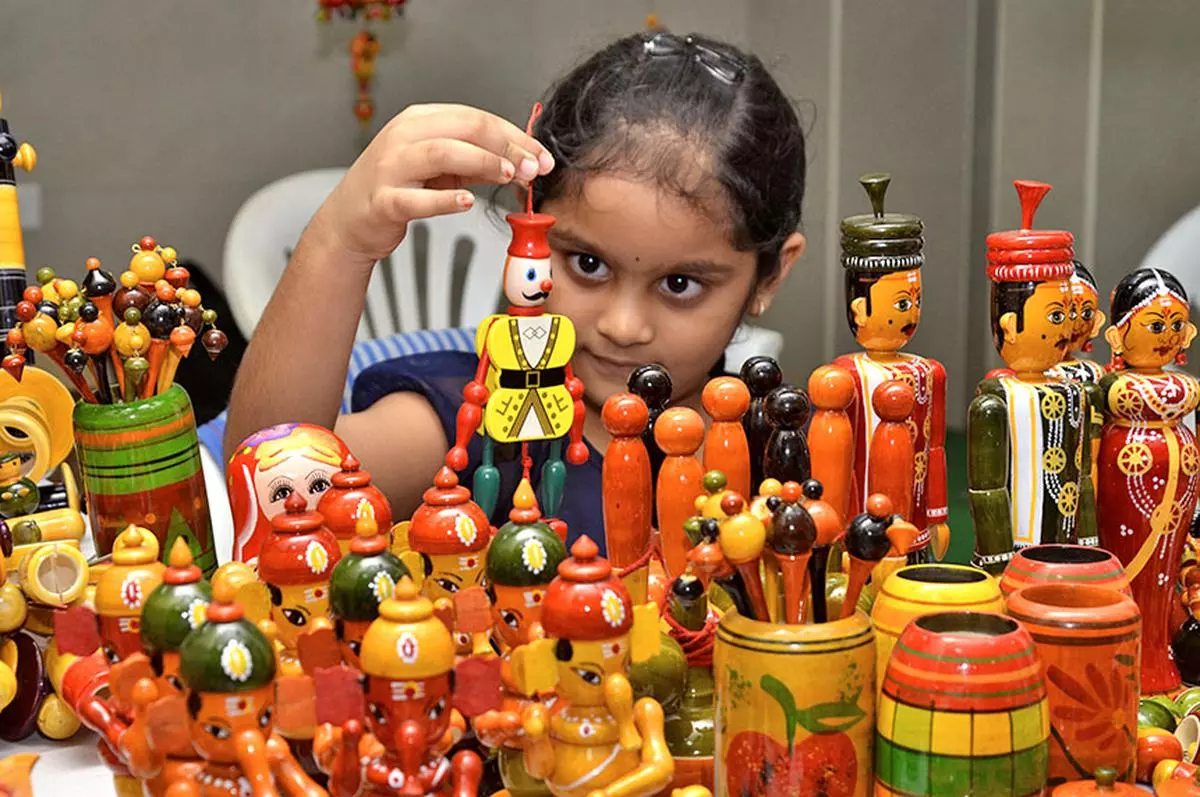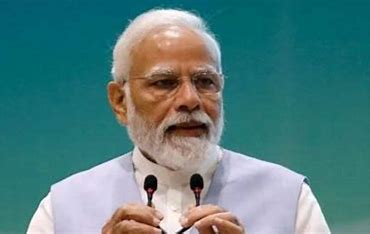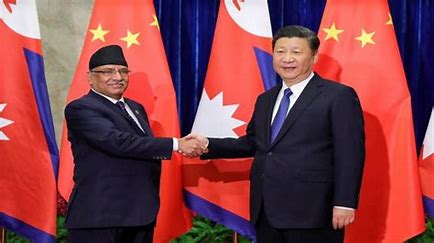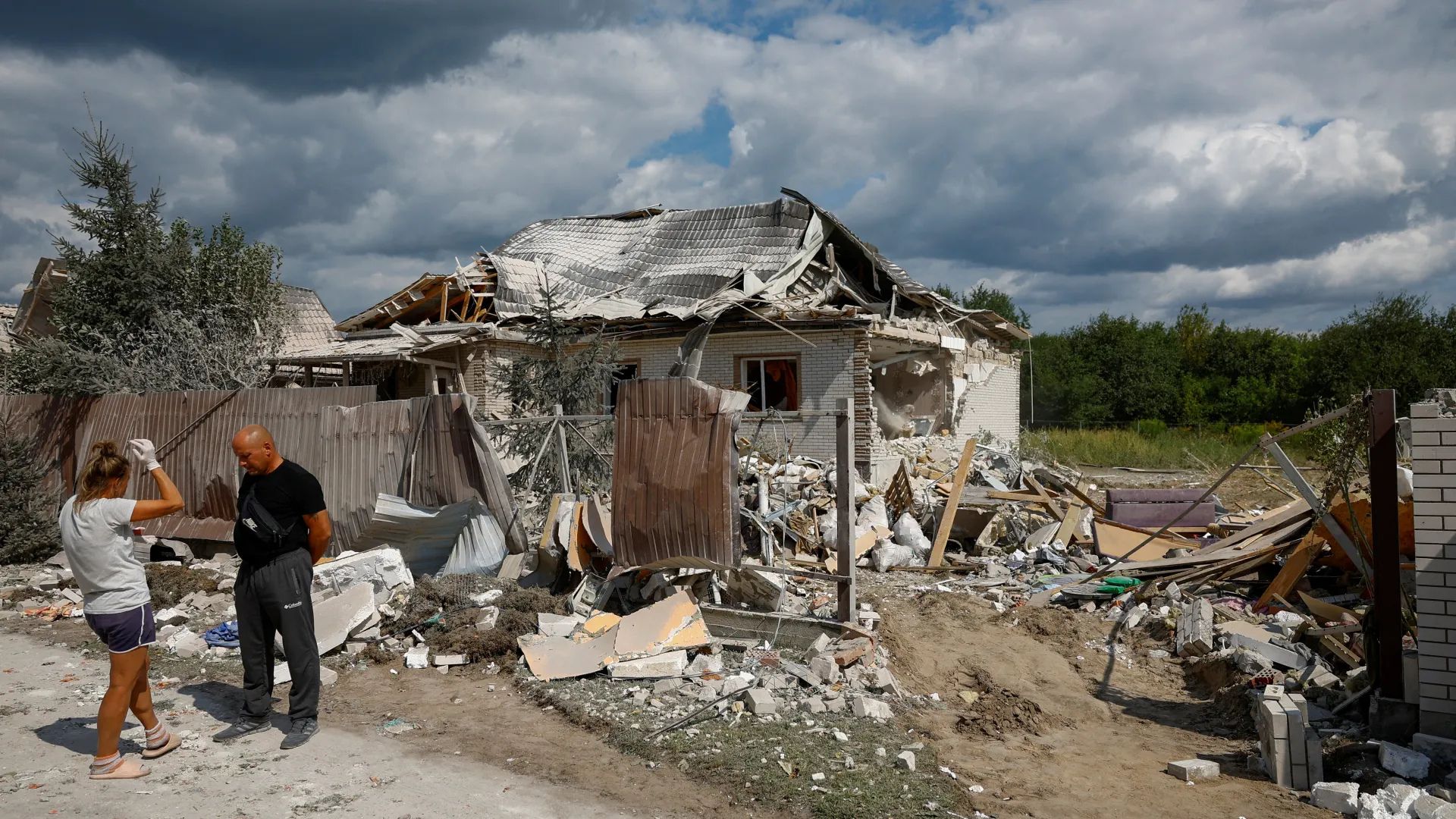
The Indian Toy industry witnessed 239 per cent rise in exports and 52 per cent decline in imports in financial year 2022-23 over FY 2014-15, buoyed by Government efforts to boost the sector.
Policy enablers led to doubling of manufacturing units, reduction in imported inputs from 33 per cent to 12 per cent and increase in gross sales value by a CAGR of 10 per cent. The strong growth of the industry emerging from a case study on success story of ‘Made in India toys” conducted by the Indian Institute of Management (IIM) Lucknow at the behest of Department for Promotion of Industry and Internal Trade (DPIIT) is credited to the creation of a more conducive manufacturing ecosystem for the toy industry through a series of measures which, in a span of 6 years, from 2014 to 2020, helped in the development of overall quality of the toys available in the domestic market.
The report also notes India’s emergence as a top exporting nation due to the country’s integration into the global toy value chain, along with zero-duty market access for domestically manufactured toys in countries including UAE and Australia.
The experts behind the report have suggested that in order to position India as a viable alternative to current toy hubs of the world, i.e., China and Vietnam, consistent collaborative efforts of the toy industry and the Government are essential for advancements in technology, embracing e-commerce, encouraging partnerships and exports, investing in brand-building, engaging with educators and parents to communicate with children, valuing cultural diversity and collaborating with regional artisans, etc. The report emphasizes a strategic plan of action to address these issues and foster growth in the Indian toy industry.
Among the several initiatives already been taken are formulation of a comprehensive NAPT having 21 specific action points and implemented by 14 Central ministries/departments, with DPIIT as the coordinating body, increase in basic customs duty (BCD) on toys (HS code 9503) from 20 per cent to 60 per cent in February 2020, and subsequently to 70 per cent in March 2023 as well as sample testing of each import consignment instructed by the Directorate General of Foreign Trade (DGFT) to curb import of sub-standards toys.
Besides, a quality control order for toys was issued in 2020, special provisions were notified by BIS in 2020 to grant licences to micro sale units manufacturing toys without testing facility for one year and without establishing in-house testing facility, which was further extended by three years and BIS granted more than 1200 licences to domestic manufacturers and more than 30 licences to foreign manufacturers for manufacture of toys with BIS standard marks.
A cluster-based approach has been adopted to support the domestic toy industry with the Ministry of MSME supporting 19 clusters under the scheme of funds for the regeneration of traditional Industries (SFURTI) and the Ministry of Textiles providing designing and tooling support to 13 toy clusters.













